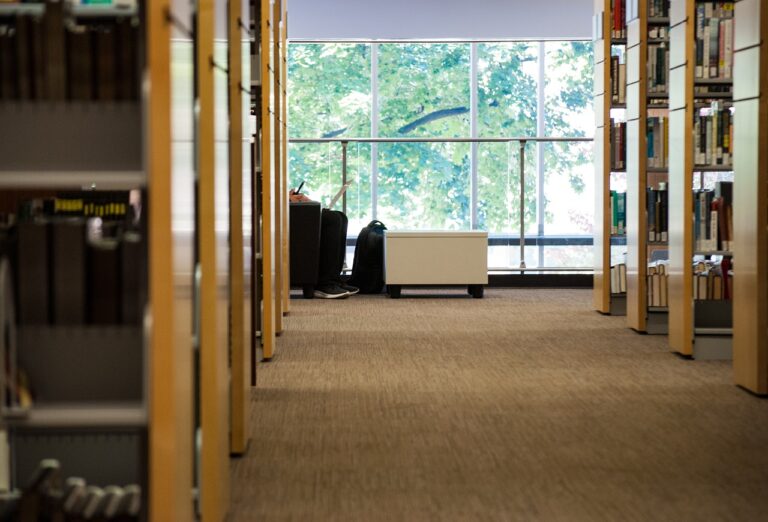Leveraging Virtual Reality for Language Immersion: Providing Authentic Cultural Experiences for Language Learners
Virtual reality has revolutionized the way language learning is experienced. By providing an immersive environment where learners can practice real-life scenarios, virtual reality enhances language acquisition in a way that traditional methods cannot. Through virtual reality technology, students can interact with native speakers, navigate cultural contexts, and improve their communication skills in a dynamic and engaging way.
One of the key advantages of using virtual reality for language learning is the ability to simulate authentic cultural environments. Learners are transported to virtual settings that mirror real-life situations, allowing them to practice their language skills in context. This experiential learning approach helps students develop a deeper understanding of the language and culture, making the learning process more effective and enjoyable.
Immerse Yourself in Authentic Cultural Environments
Virtual reality technology provides language learners with a unique opportunity to immerse themselves in authentic cultural environments. Through simulated experiences, users can interact with native speakers, explore traditional settings, and witness everyday life in foreign countries. This level of immersion allows learners to not only practice language skills but also gain a deeper understanding of the cultural nuances that shape communication.
By stepping into virtual environments, language learners can enhance their language proficiency in a dynamic and engaging way. From ordering food in a local restaurant to navigating public transportation, virtual reality experiences offer a safe space to practice real-life scenarios without the fear of making mistakes. This hands-on approach fosters confidence and bridges the gap between language learning in a classroom and using language skills in actual cultural contexts.
Enhance Language Skills Through Virtual Reality Experiences
Incorporating virtual reality experiences into language learning can significantly boost a learner’s linguistic abilities. By simulating real-life scenarios and providing interactive opportunities for practice, virtual reality immerses language learners in a dynamic and engaging environment that accelerates the acquisition of new vocabulary and grammar structures. Through this experiential approach, learners can enhance their listening comprehension, speaking fluency, and cultural understanding, ultimately fostering a deeper connection to the language being studied.
Moreover, virtual reality offers the unique advantage of providing learners with the opportunity to make mistakes without the fear of judgment, allowing for a risk-free environment to practice and improve language skills. This hands-on learning experience enables learners to engage more actively with the language, building confidence and proficiency while reinforcing language concepts in a memorable way. By incorporating virtual reality technology into language learning curriculums, educators can transform traditional teaching methods and offer learners a dynamic and immersive approach to language acquisition.
How can virtual reality help enhance language skills?
Virtual reality can provide a more immersive and interactive language learning experience, allowing users to practice real-life conversations, improve pronunciation, and gain confidence in using the language.
What are the benefits of using virtual reality for language learning?
Virtual reality allows learners to explore authentic cultural environments, practice language in realistic scenarios, receive immediate feedback, and customize their learning experience based on their individual needs and preferences.
Can virtual reality help with learning multiple languages?
Yes, virtual reality can be used to learn multiple languages as it offers a flexible and personalized learning environment that can cater to different language proficiencies and learning goals.
Is virtual reality suitable for beginners in language learning?
Yes, virtual reality can be beneficial for beginners as it provides a supportive and engaging platform to start practicing and improving language skills in a fun and interactive way.
Are there any limitations to using virtual reality for language learning?
While virtual reality can enhance language skills, it is important to supplement it with other language learning methods such as traditional classroom instruction, language textbooks, and real-life practice to achieve a well-rounded proficiency in the language.







